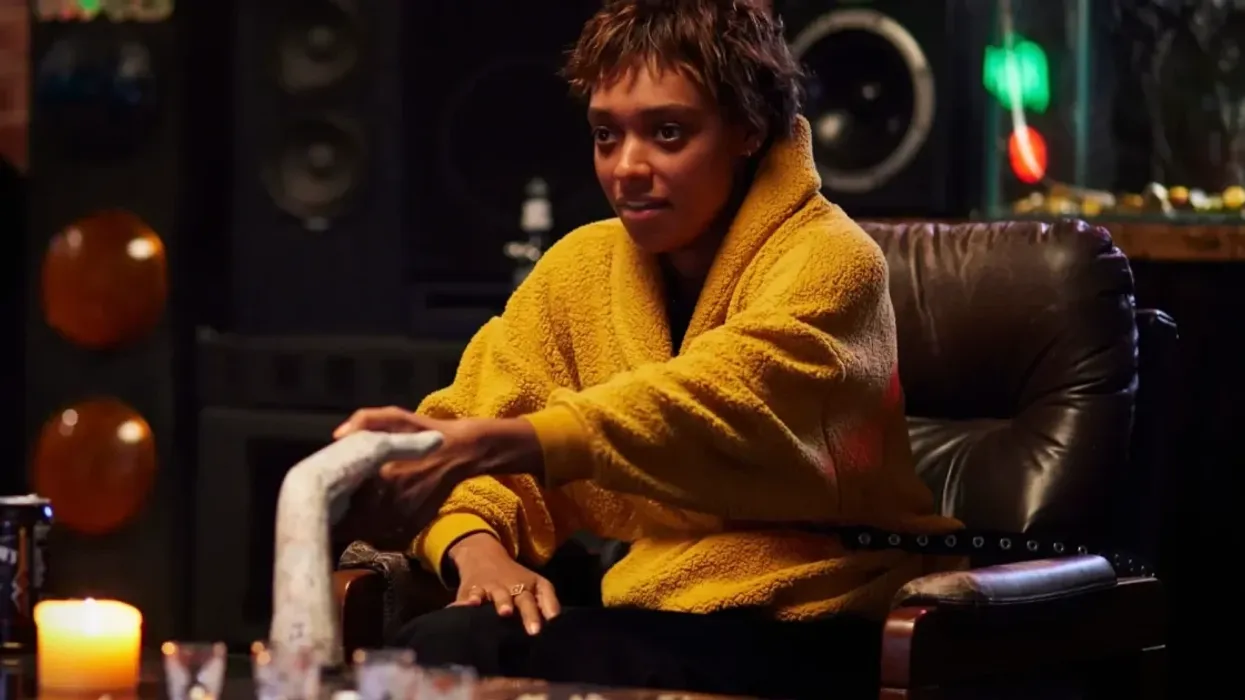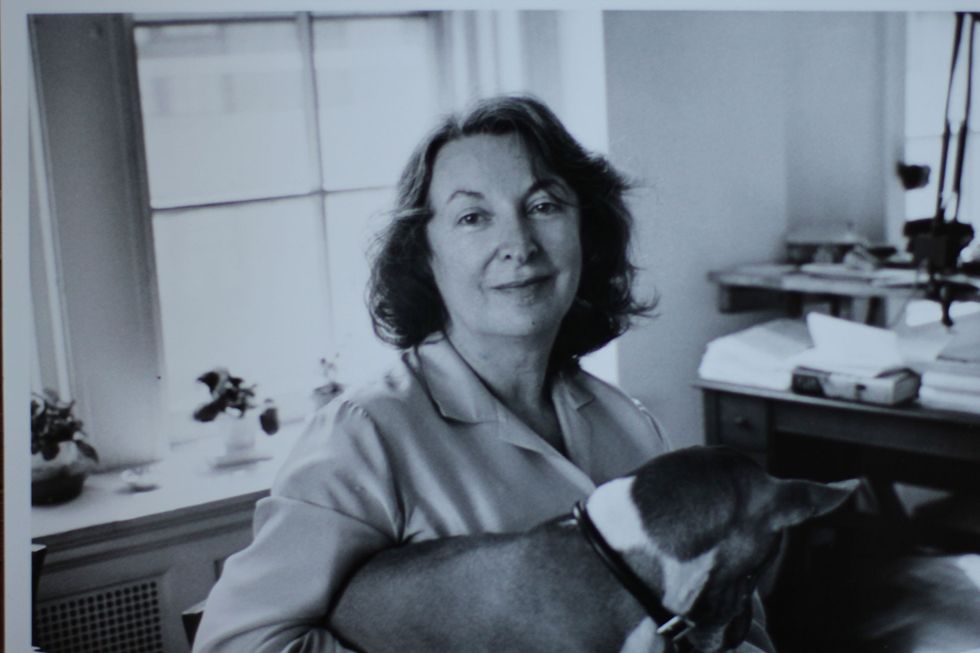We Should Be Evaluating Art for What It Is, Not What We Want It to Be
An educated critic is a valuable resource.

'Talk to Me'
Tell me if this has happened to you recently. You head out to see a movie and thoroughly enjoy it. Then, you pop onto social media afterward and encounter a bunch of tweets from people telling you that they didn't like the movie because it didn't include a detail they wanted. Or it didn't fit the tone they expected.
Or maybe they didn't like it because it just wasn't the version of the movie they wanted to see.
Film criticism used to be an art form. It was vastly educated people watching and reacting to stories on film and TV. But social media has changed that. Now, everyone can share their opinion with the world.
While everyone has a right to their opinion, most people don't have anything interesting to say. And when they react to movies and TV shows, they spend a lot of time telling you what they think something should be, instead of evaluating the artistic endeavor put before them.
And that's got to stop.
So today, we're going to unpack those urges and talk about why it is crucial to hone our critical skills.
Criticism is Vital To The Creative World
 Siskel and Ebert
Siskel and EbertCredit: Mental Floss
Criticism is an integral part of the creative world, offering insights, perspectives, and analyses that can enrich our understanding of art forms like filmmaking.
It also helps us understand the themes and message of a project, and tap into what we have to offer the world.
But when you approach a work of art with preconceived expectations, you overlook the true essence of the art.
Art is about the creators self-expression and how that makes you feel. It's not about what you think that piece of specific art should be.
While engaging with art on a personal level is natural, when it becomes the sole lens through which criticism is delivered, it can stop us from understanding and appreciating what we've watched.
The Decisions We Make Matter

'The Matrix'
Credit: Warner Bros.
Each creative choice a writer or director makes helps them get their narrative across to the viewer. They are deliberate and detailed, everything from storytelling to visual style reflects something the creative behind the work chose to put there.
If you knock a movie or TV show while focusing solely on what you wish you saw, you are completely disregarding the artistic intention of what was put there in the first place.
Why see a movie or show someone else worked on if you can only view it through the lens of what it would be like if you made it?
How can you learn from or enjoy art if you're so full of yourself you can't empathize with someone else's vision?
The Wide Range of Art
 'Mr. Turner'
'Mr. Turner'Credit: Sony Pictures Classic
Art is multifaceted, and its interpretation can vary widely among individuals.However, interpreting a film solely through the lens of one's desires might miss the layers of meaning, symbolism, and emotion that artists weave into their work.
It also might alienate you from empathizing with someone different from yourself. You can't walk a mile in their shoes if you aren't willing to put them on.
You obviously don't have to love everything that's shown to you, but you need to be able to talk about it in a way that justifies your reaction based on what was given to you, and not what you assumed should be there.
What Makes For Effective Criticism?

Pauline Kael
Credit: Juno Films
Great criticism is not self-absorbed. It's a bridge between creators and audiences, providing valuable insights that can fuel growth, improvement, and understanding from both parties.
Constructive criticism aims to identify areas of strength and weakness while considering the work's intent and the context in which it was created.
It takes into account all these perspectives before making a judgment call.
And it does not lazily sit there and list things that were not in the movie or TV show. It confronts what was in there head-on.
What I love about working in Hollywood is that I get to meet people from all walks of life all trying to tell stories.
Not everyone is like me, and while I only emotionally connect with a handful of these projects, I get to assess the merits of others based on what the writers and directors deliver.
To truly appreciate and evaluate a work for what it is, rather than what one wants it to be, we have to demand a willingness to transcend personal biases and delve into the intricate layers of what we're watching.
It's not easy, but it will make us both better critics and people in the long run.
Movies and TV are supposed to be divisive, they're supposed to spark debate, but they're not supposed to be projections of what we want.
They're just things we have to appreciate for what they are.
Let me know what you think in the comments.
- Tarantino Blesses Us with 3 Hours of Film Criticism Discussion ›
- Our Favorite Video Essays of 2020 ›
- Understanding Film Theory: An Essential Guide ›
- Do Film Critics Need Filmmaking Experience? John Cleese Thinks So... ›

 "'Back Home"via Mercedes Arutro
"'Back Home"via Mercedes Arutro 'Back Home'via Mercedes Arutro
'Back Home'via Mercedes Arutro 









